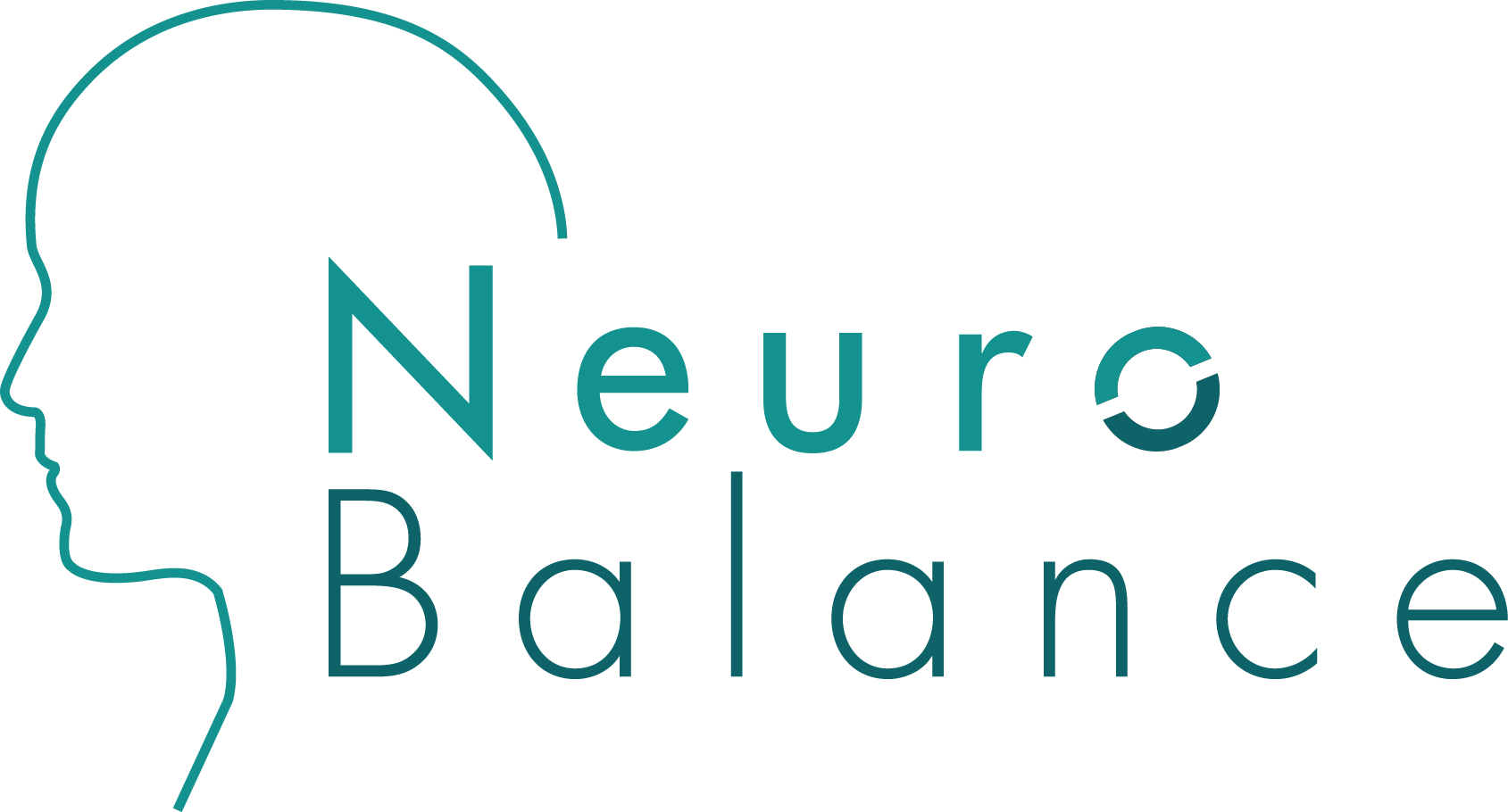Lessons of Natural Learning According to a Stanford Professor
Ever found yourself marveling at how effortlessly kids pick up new skills? I recently came across some fascinating insights from Stanford neuroscientist David Eagleman that can help us understand this remarkable ability and apply it to our careers.
Imagine you're at a family gathering, watching your niece learn to juggle. Within minutes, she's got the rhythm down, and before you know it, she's juggling three balls like a pro. It's not magic—it's her brain's incredible adaptability at work. According to Eagleman, our brains are designed to be flexible, constantly reconfiguring themselves based on new experiences.
The Brain's Flexibility: "Liveware"
David Eagleman describes the human brain not as rigid hardware or software but as "liveware"—a dynamic system that continually adapts and learns. This flexibility is due to neuroplasticity, the brain's ability to reorganize itself by forming new neural connections throughout life. This means that our brains are always ready to learn and adapt, no matter our age.
For instance, Eagleman explains that when we learn new skills, like juggling or playing an instrument, there are visible physical changes in the brain. This adaptability is a key advantage in our professional lives. By continually challenging ourselves and learning new skills, we can keep our brains sharp and our career trajectories upward.
Embracing New Challenges
Eagleman emphasizes that the brain thrives on novelty and challenges. When we step out of our comfort zones and engage in activities that push our boundaries, we stimulate our brain's plasticity. This can be as simple as picking up a new hobby, learning a new language, or tackling a new project at work. The brain's capacity to adapt to these new demands means that we're not just acquiring new skills—we're also enhancing our cognitive abilities and problem-solving skills.
Applying Neuroplasticity to Your Career
Understanding and leveraging neuroplasticity can transform how we approach our careers. Here are a few practical tips inspired by Eagleman's insights:
Continuous Learning: Make lifelong learning a habit. Whether it's reading books, taking online courses, or attending workshops, continually exposing yourself to new information keeps your brain engaged and adaptable.
Embrace Change: Don't shy away from new challenges at work. Taking on new roles, projects, or responsibilities can stimulate your brain and lead to professional growth.
Practice Deliberately: Focus on deliberate practice. Break down complex skills into manageable parts and practice them consistently. This method, supported by neuroplasticity, ensures steady improvement.
Stay Curious: Cultivate curiosity. Ask questions, explore new fields, and stay open to different perspectives. Curiosity-driven learning is one of the most effective ways to engage your brain's plasticity.
The Power of Adaptability
Eagleman's research underscores the importance of adaptability in both personal and professional contexts. By understanding how our brains learn and grow, we can create environments that foster continuous improvement and resilience.
So, the next time you see a child effortlessly mastering a new skill, remember that the same potential lies within you. Embrace the power of neuroplasticity, and watch how it can transform your career and your life.
For more on David Eagleman's work and how you can harness your brain's potential, check out his talks and his research.
-A Balanced Brain is a Better Brain for a Happier Life-
